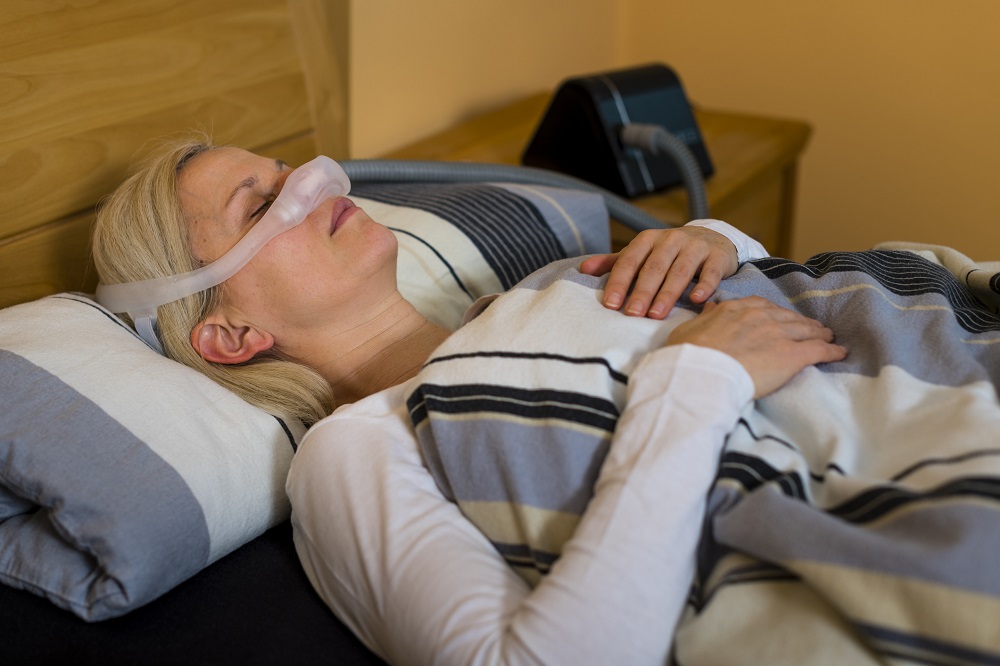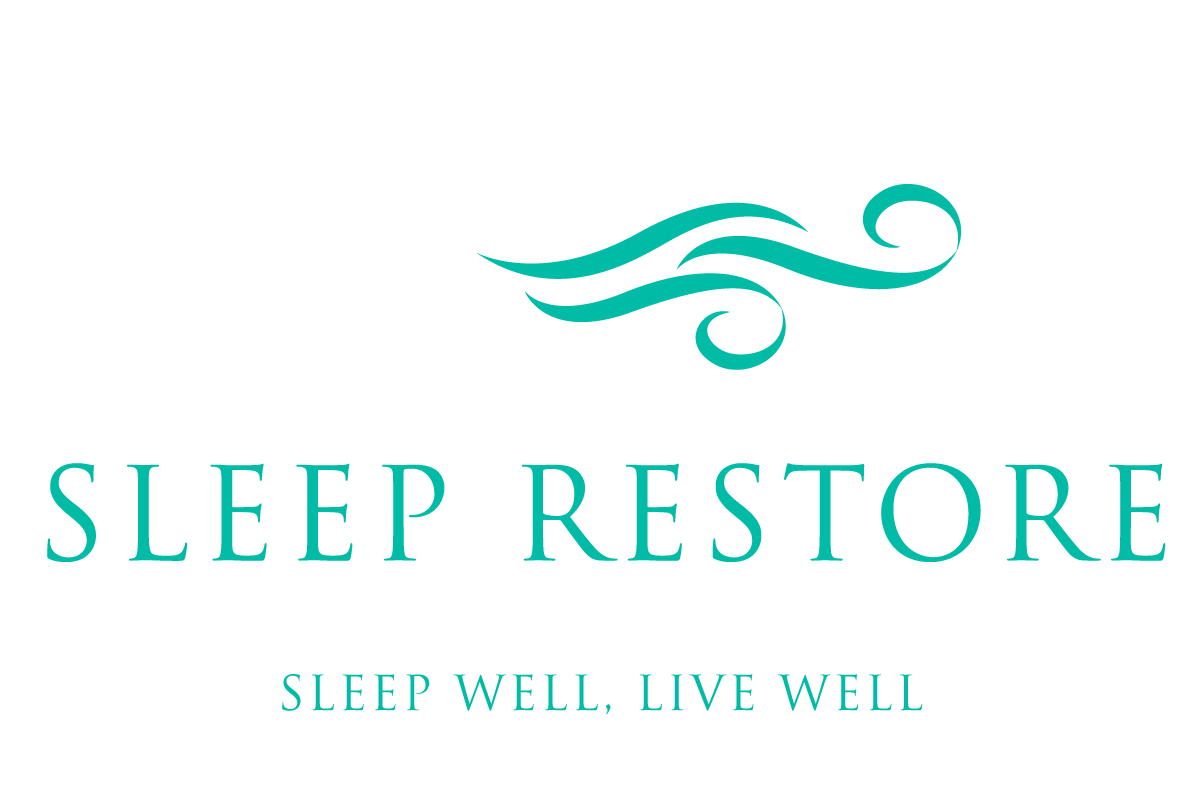- 7951 Katy Fwy, Suite I, Houston, TX 77024
- 713-527-2737
- info@sleeprestorehouston.com
Central Sleep Apnea (CSA) occurs when your brain fails to send proper signals to the muscles that control breathing. Unlike obstructive sleep apnea, there’s no physical blockage of the airway.
During a central sleep apnea episode, you simply don’t make an effort to breathe for a period of time. This can be particularly dangerous as it often goes unnoticed by both the patient and their sleeping partner.
Brain-Based Disorder
CSA represents about 5-10% of all sleep apnea cases and requires specialized diagnosis and treatment approaches.

| Aspect | Central Sleep Apnea | Obstructive Sleep Apnea |
|---|---|---|
| Cause | Brain fails to signal breathing muscles | Physical airway obstruction |
| Breathing Effort | No breathing effort during episodes | Continued effort to breathe |
| Snoring | Usually no snoring | Loud, chronic snoring |
| Demographics | Often associated with heart conditions | More common in overweight individuals |
Congestive heart failure, atrial fibrillation, and other cardiovascular diseases
Stroke, brain tumors, or other conditions affecting the brainstem
Sleeping at elevations above 8,000 feet can trigger central sleep apnea
Opioid pain medications and certain sedatives can suppress breathing
Associated with heart failure, characterized by a gradual increase and decrease in breathing effort and airflow.
Caused by opioid medications or other drugs that suppress the respiratory drive in the brain.
Occurs without an identifiable underlying condition, often related to high altitude or idiopathic causes.

Houston’s premier sleep apnea treatment center, specializing in comfortable, effective oral appliance therapy solutions.
© 2025 Sleep Restore Houston. All rights reserved. | Privacy Policy | Terms of Service
Professional sleep apnea treatment and oral appliance therapy in Houston, Texas.